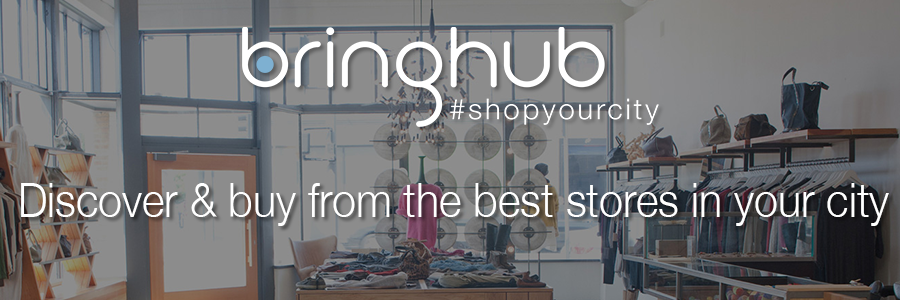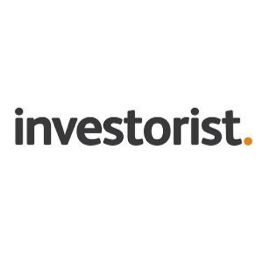There are 7 billion people in the world today, and population estimates say we could reach 8 billion in about 10 years. (Check out this world population clock. The numbers are a little dizzying.)
We’re going to have to feed all those people, but as the population grows, farmland is disappearing rapidly.
Agriculture is ripe (get it?) for disruption, and gThrive is one of the companies providing it.
For those of us who are not growers, it can seem pretty simple. Stick a seed in the soil. Water it. Watch it grow. If we think hard about it, maybe we’ll consider potential pests or soil conditions, but for the most part it seems pretty cut and dry.
Yet, with large fields to manage, it is impossible for growers to know the condition of all of their soil. It’s also hard to gauge how much irrigation a certain patch might need, but water is expensive and can’t be wasted. Drones are increasingly being used to aid in farm work, but they can’t read these soil conditions from the sky.
That’s why Bruce Borden and his team came up with the gStake. The wireless, battery operated stakes boast sensors that read the soil information and transmit that data to web and phone apps.
Currently, the stakes work with Google maps. The location of each stake is noted with a color coordinated system that tells the grower how much water is in the soil,

if there’s enough fertilizer, and if the temperature varies too much.
Yet, the technology has proven difficult to create, and most of gThrive’s competitors are bigger, bulkier, more expensive systems. gStake is the first stake sensor that is inexpensive and movable, providing more value for the growers who can move them around the field.In our high-tech world, it seems like such a simple solution. Of course we should be able to read the ground like that, right?
Each gStake combines 5 different software systems, from the sensors to the transmitters to the apps that read it all. Yet the finished product looks simple and non-threatening, which is key to disrupting an entrenched industry like farming.
The stakes have already been through a prototype run and are now in some field trials in California. Borden sees possibility in the high-turnover, water-sensitive California crops like lettuce. For the average consumer, gStakes mean we can better predict the quality of the produce we buy. No more watery lettuce!
gThrive is presenting at the Angel Capital Expo on Thursday.


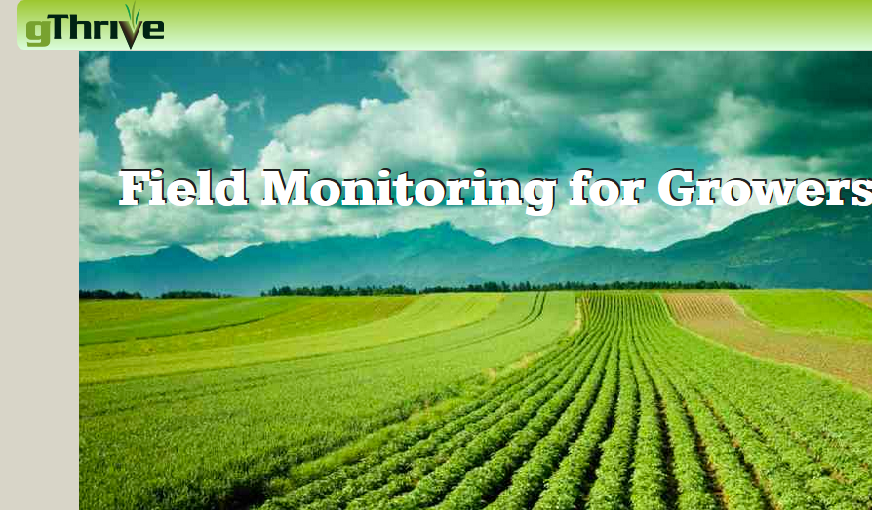



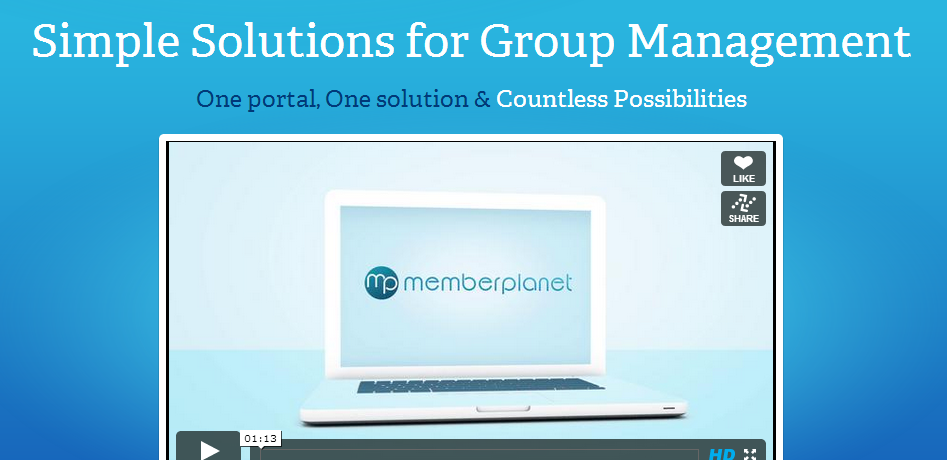


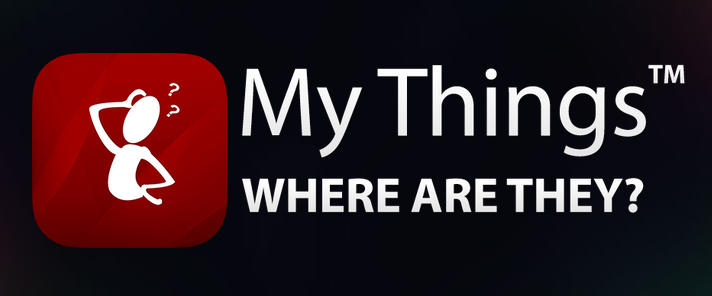
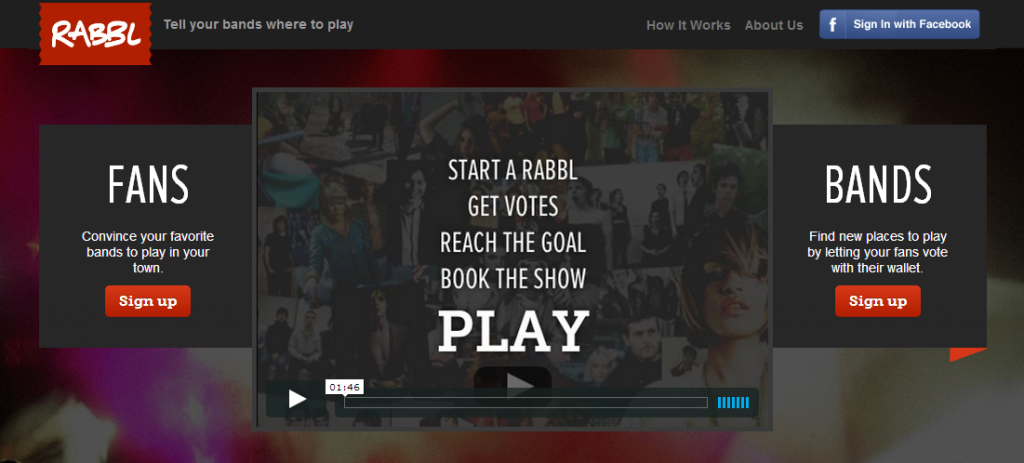


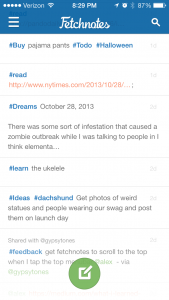 send them a note. The person you need to communicate with not a Fetchnotes user? No problem! The new update also incorporates your address book, so a non-user will get a text with the note’s details.
send them a note. The person you need to communicate with not a Fetchnotes user? No problem! The new update also incorporates your address book, so a non-user will get a text with the note’s details.
